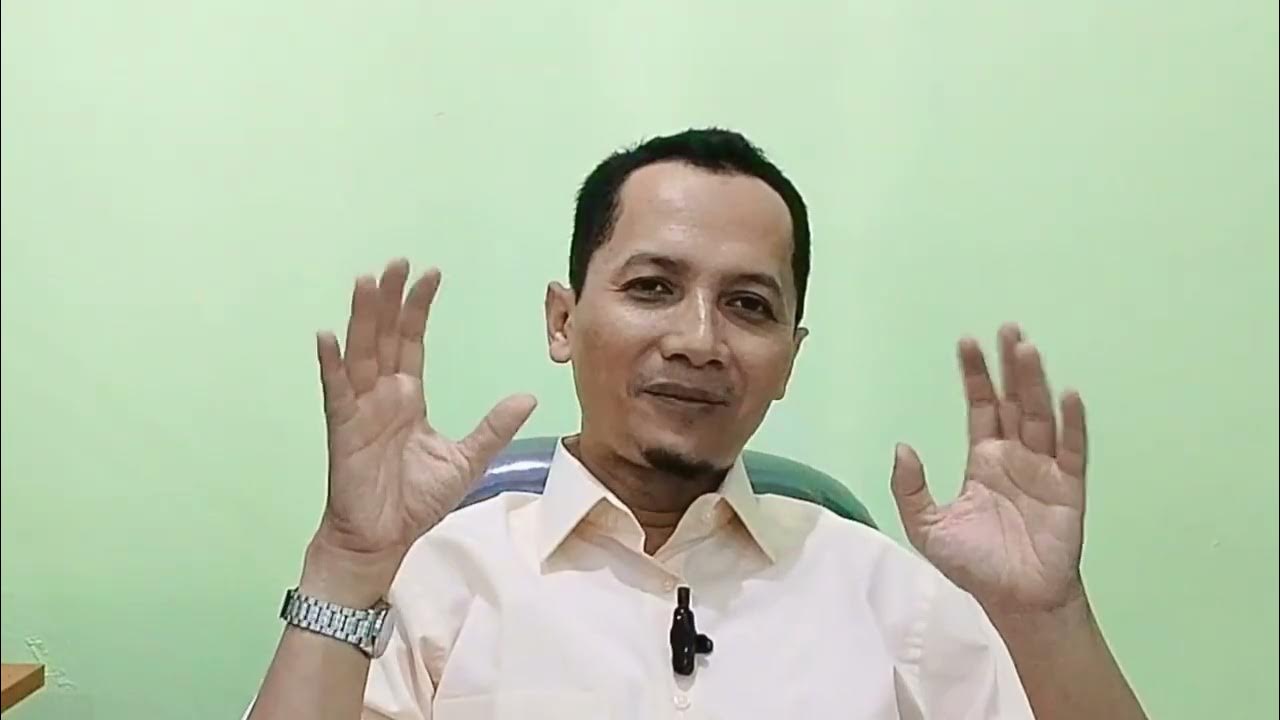The Untold Story of the Death of Joseph Smith
Summary
TLDRJoseph Smith, founder of Mormonism, was a controversial figure who secretly practiced polygamy despite publicly condemning it. A newspaper exposed his abuses of power as mayor and his polygamy. Smith destroyed the printing press and fled charges, but returned, likely to his death. At Carthage Jail, Smith had a smuggled pistol and killed two in the mob attacking his cell. Mormon tour guides omit the pistol when describing Smith’s 'defenseless' state. The video maker has interrogated guides about contradictions regarding the pistol, but says they tend to evade the facts.
Takeaways
- 😯 Joseph Smith was secretly practicing polygamy while publicly denying it, which upset followers and led to backlash
- 😠 Joseph Smith ordered the destruction of a printing press that published criticism about him abusing power and practicing polygamy
- 🤨 Joseph Smith fled charges and had to be persuaded to return, seen by some as cowardly
- ⏳ Joseph Smith waited in jail after being charged with treason for declaring martial law
- 🔫 A pistol was smuggled into Joseph Smith's jail cell prior to the mob attack
- 🔥 Joseph Smith shot 3 people when the mob rushed his jail cell, killing 2
- 😞 Joseph Smith seemed depressed while in jail awaiting his fate
- 🍷 Joseph Smith drank wine in jail supposedly to lift spirits, against Mormon teachings
- 😶 Mormon tour guides omit Joseph Smith's pistol and shots fired when telling the story
- 🤥 Some Mormon sources still claim Joseph Smith only defended himself with a cane, despite evidence of his pistol
Q & A
How many wives did Joseph Smith have and what was controversial about some of them?
-Joseph Smith likely had around 20-30 wives. Controversially, at least 10-11 of them were married to other living men at the same time. This seems to contradict the common Mormon argument that polygamy was instituted by God to raise righteous seed.
What did the Nauvoo Expositor newspaper reveal about Joseph Smith?
-The Nauvoo Expositor exposed Joseph Smith's secret practice of polygamy, which he had publicly denied. It also criticized his abuse of power as Mayor of Nauvoo.
Why did Joseph Smith order the destruction of the Nauvoo Expositor printing press?
-Joseph Smith was furious over the Expositor's publication revealing his polygamy and abuse of power as Mayor. He ordered the press destroyed to silence his critics.
Why did Joseph Smith initially flee to Iowa rather than go to Carthage to face charges?
-Joseph Smith had many enemies and feared for his life, so he initially fled across the Mississippi River to avoid imprisonment or harm.
How did Joseph Smith obtain the gun he used in the Carthage jail?
-Cyrus Wheelock smuggled in a pistol to Joseph Smith in the Carthage jail. Some tour guides omit this controversial detail.
Did Joseph Smith use alcohol while in Carthage jail, and why?
-Yes, wine was brought to Joseph Smith in jail admittedly to lift his spirits, not for sacramental purposes, though Mormons typically abstain from alcohol.
How did the mob gain access to Joseph Smith's cell if he was holding the door shut?
-The cell door was warped and the lock didn't work, so Joseph Smith could not have kept the mob out by holding it shut as claimed.
Did Joseph Smith have any chance of escaping the mob alive?
-Probably not. The cell offered little real security or defense against the large mob.
Why do some tour guides omit Joseph Smith's use of a gun against the mob?
-The use of lethal force by Joseph Smith seems at odds with his typical portrayal by Mormons as an innocent martyr and may be controversial.
What parallels do Mormons draw between Joseph Smith and Jesus Christ?
-Some Mormons compare Joseph Smith's death at Carthage to Jesus' crucifixion, shedding their blood as martyrs for their followers.
Outlines

This section is available to paid users only. Please upgrade to access this part.
Upgrade NowMindmap

This section is available to paid users only. Please upgrade to access this part.
Upgrade NowKeywords

This section is available to paid users only. Please upgrade to access this part.
Upgrade NowHighlights

This section is available to paid users only. Please upgrade to access this part.
Upgrade NowTranscripts

This section is available to paid users only. Please upgrade to access this part.
Upgrade NowBrowse More Related Video
5.0 / 5 (0 votes)





